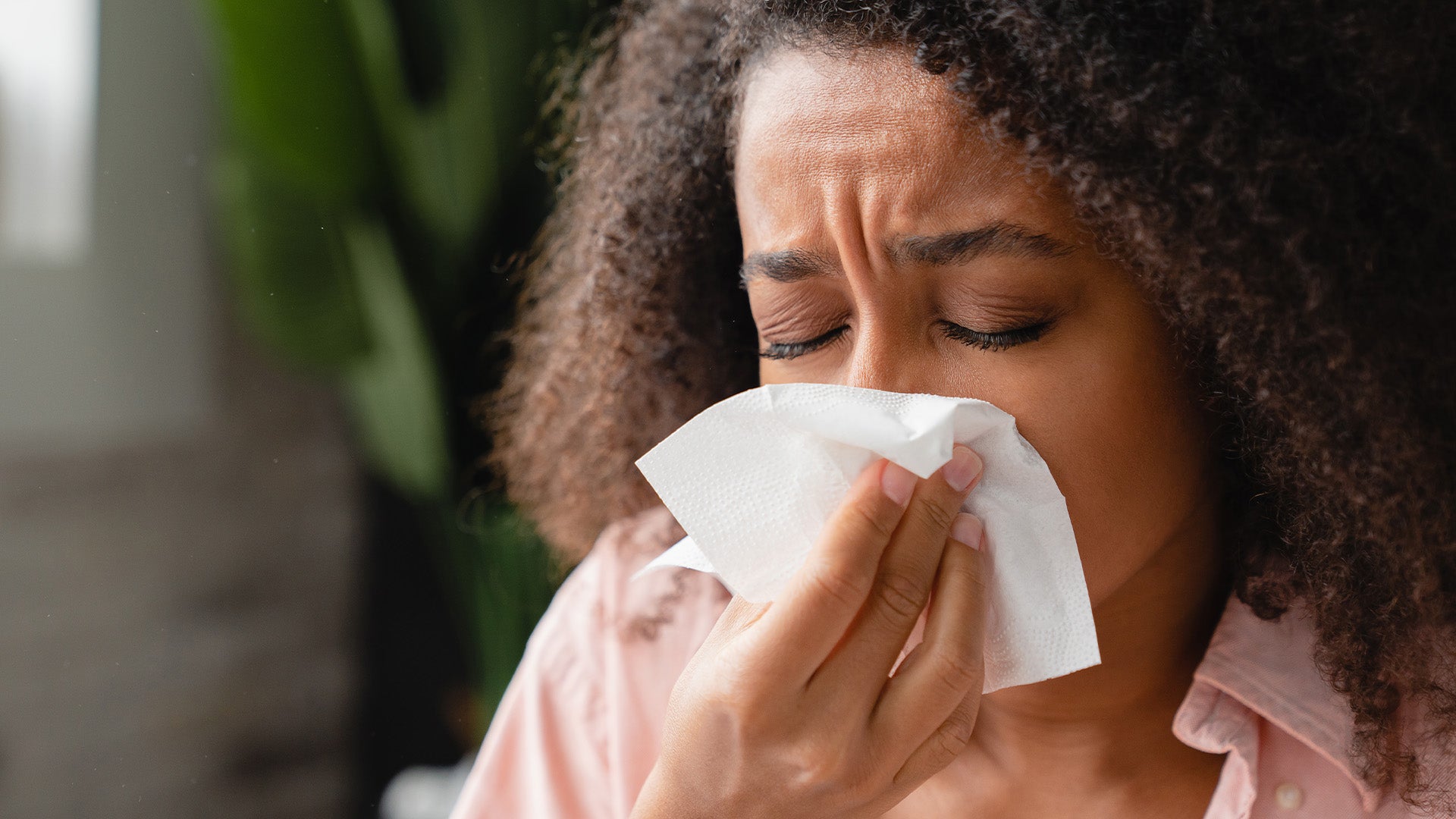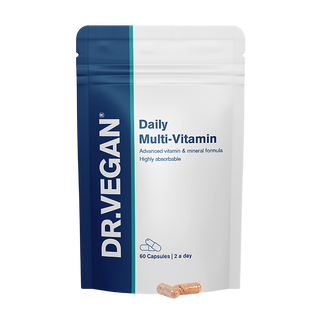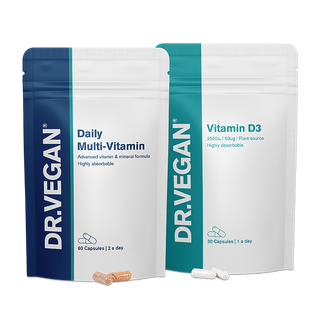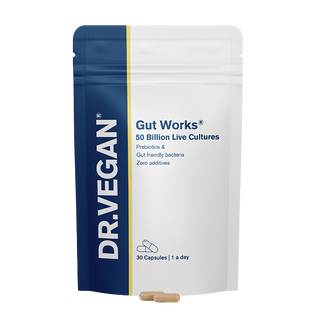How to stay infection-free as the seasons change

By: Immunologist Dr. Jenna Macciochi
As we head into a new season, with shorter days and lowering temperatures, it is important to shift our focus to staying well amidst the chill. The importance of maintaining robust health during the colder months cannot be overstated. Let’s take a closer look at the intricacies of infections and the profound impact that seasonal changes can have on our immune system.
Colds vs. flus: what is the difference?
Colds are typically more prevalent. They are primarily caused by rhinoviruses, of which there are many, which is one reason why we can catch a cold repeatedly. These common cold viruses are highly contagious and spread through respiratory droplets or by touching contaminated surfaces. The flu is caused by the influenza virus, which mutates rapidly, evading any prior immunity we have from previous infections. This means we can also catch the flu several times. Both colds and flu have several overlapping symptoms, but there are a few key differences to be aware of. Colds tend to have a more gradual onset, featuring symptoms like a sore throat, sneezing and a runny or stuffy nose. Whereas the flu tends to have a more sudden onset of symptoms, including high fever, body aches, chills and fatigue.
Bacterial infections vs. viral infections
Although viruses are more common in the winter, we also need to be aware of bacterial infections. Unlike viruses, which cause colds and flu, bacteria are larger, single-celled organisms capable of causing infections like strep throat or staph infection. Viruses require our own cells for their replication, but bacteria can replicate independently of invading our cells.
Daily Multi-Vitamin

Seasonal changes and infections
You might have noticed that we all tend to be slightly more vulnerable to infection during the colder months. This happens for several reasons. One of the main reasons is that viruses prefer the cooler climes of winter. This means there are just more of them around. Plus, cold air can dry out the mucous membranes lining our airways, reducing the body's natural defence mechanisms against viruses. We tend to huddle indoors more often, which makes it easier for germs to spread.
The best way to avoid both colds and flu is to practice good hand hygiene and tissue etiquette and maintain a healthy lifestyle with proper nutrition and adequate sleep. Supplement your healthy diet and lifestyle with a good multi-vitamin for whole-body health, like DR.VEGAN'S award-winning Daily Multi-Vitamin with 24 essential nutrients. Since over 70% of our immune system in the gut, microbiome support is also key to immune health and is known to have many immunity benefits beyond the gut. I recommend DR.VEGAN's award-winning vegan probiotic, Gut Works®, which contains 6 clinically studied strains with 50bn CFUs. Unless we are supplementing, we end up deficient in Vitamin D, a key nutrient for proper immune function. Give DR.VEGAN's award-winning vegan Vitamin D3 a try.
Signs your body is fighting an infection
Recognising early indicators of infection is important to getting you back on the road to recovery quickly. We primarily need to rest when those first signs of infection strike, making it imperative that we listen to our body and slow down. Symptoms will depend on the infection, but generally speaking, look out for any of the following:
- Increased body temperature (fever) that is often accompanied by sweating and ‘chills’ or a feeling of an inability to control temperature
- Fatigue and tiredness that are not overcome with rest
- Muscle aches
- Changes in appetite
- Sore throat
- Runny or stuffy nose
How the immune system responds to invaders
The immune system’s white blood cells get to work immediately upon detecting a germy threat. They then proceed to build armies of cells and antibodies to get to work on the infection. This results in an inflammatory response, which is a vital part of eliminating infectious agents. The mediators produced during an inflammatory response also make us feel poorly and cause all the uncomfortable symptoms listed above. Thankfully, this should only be a short-term feeling, but it is a sign we should listen to our body, stop our normal activities and rest up. Winter colds and flu can last from a few days to over a week, but just remember that persistent or severe symptoms warrant medical attention. Individuals with weakened immune systems or underlying health conditions should seek prompt medical advice if they fall sick.
Immunity Bundle

Rest and recovery
I cannot overestimate the importance of giving your body time. Adequate rest allows the body to direct energy towards fighting the infection. We should also aim to avoid exercise until fully recovered, stay hydrated and nourish ourselves with nutrient-rich foods to aid healing. Consider additional supplements like DR.VEGAN's Immunity Bundle for the essential vitamins and minerals to complement your diet for overall health.
Watch Dr. Jenna Macciochi chat to us live about winter wellness and the immune system.
Interested in learning more?
I’m Dr. Jenna Macciochi, immunologist, author and educator. In my book 'Your Blueprint for Strong Immunity', I discuss the science of staying well and my comprehensive guide on how to recover from an infection. I also recommend DR.VEGAN products for immunity, including Daily Multi-Vitamin, Vitamin D3 and Gut Works®. Follow me on Instagram for more immune health tips and tricks. Head over to my website www.drjennamacciochi.com and join my monthly Immunity Community Newsletter.
Discover our range of award-winning vegan supplements and probiotics.
You may also enjoy reading:
- Top 6 plant-based foods to support your immune system
- Latest gut health research: IBS causes & symptoms revealed
- Daily Multi-Vitamins: Do they work?
- Does sex boost your immune system?
- Should you take probiotics after antibiotics?
- Best probiotics for IBS
- Why Zinc is so important for your immune system
Want to hear more from our nutritionists? Sign up to our email newsletter for insights and exclusive offers:



















